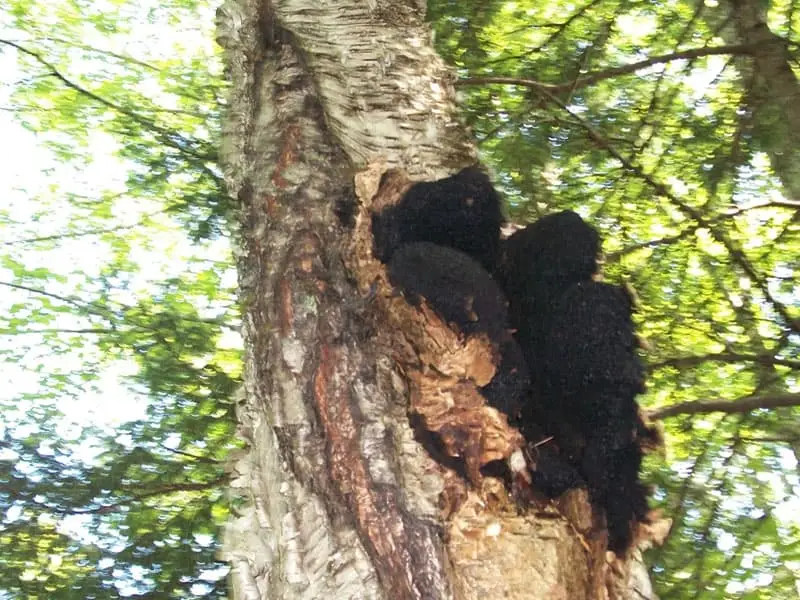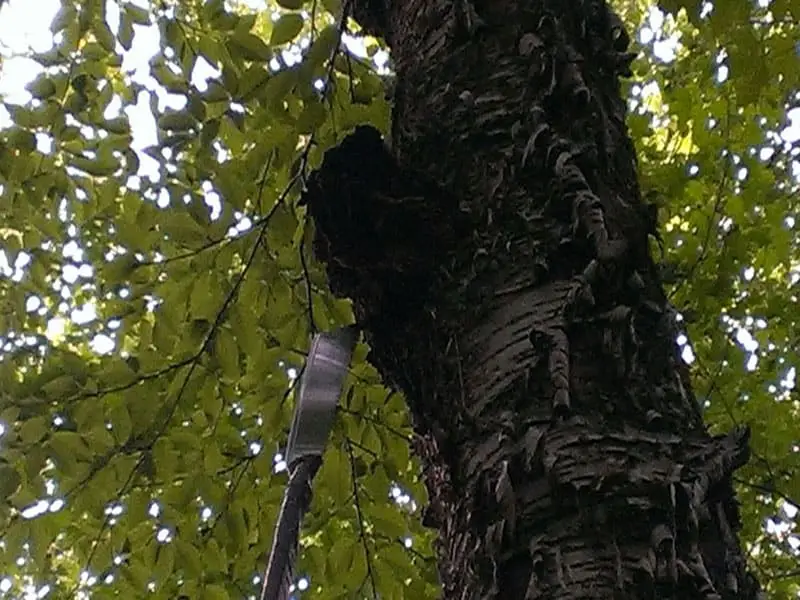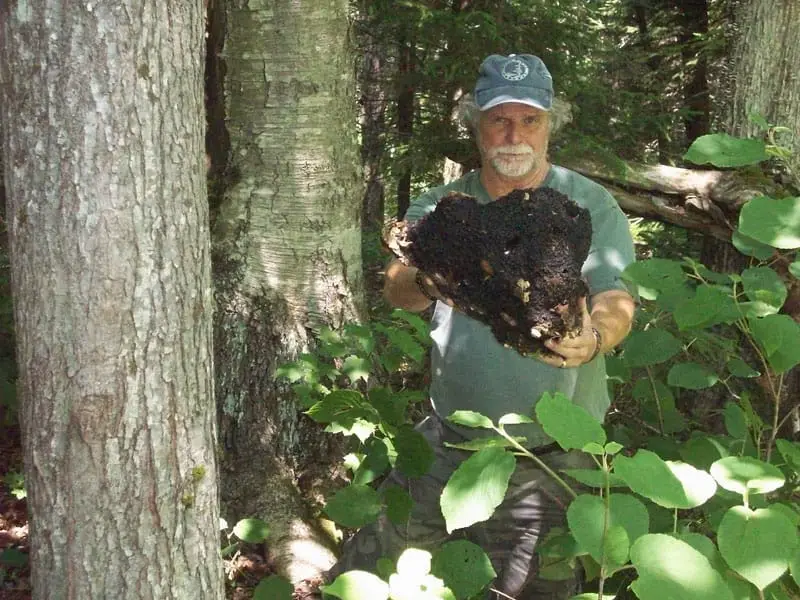Chaga Mushroom Benefits For Skin?
Many people arrive here already aware of the tremendous Benefits Of The Chaga Mushroom. Their Mission is “Where Can I Buy Chaga Mushrooms?” and get the Best Chaga Mushroom Supplement, best Quality Organic Chaga, or Wild Chaga in the form of Chaga Tincture and Chaga Extract. Interestingly, just as many people arrive here unaware of the Chaga Mushroom Benefits For Skin using Chaga Cream (Lotion), Balm, and Soap.
An equal if not more significant number of people landed here, only knowing of an increasing discussion about Wild Chaga Mushrooms and that you can find Chaga on trees. Curiosity and self-health interest lead them here to learn What Trees Does Chaga Grow On and Where Does Chaga Grow. More importantly, asking, “Can I take a Chaga Mushroom Supplement?” or “How can I get Chaga Benefits for the Skin?”.
It’s our Mission to serve ALL of these interests by providing a full line of the highest-quality Chaga products and an ever-increasing depth of information on the Chaga Mushroom on this website and our new Blog.
Additional information can also be found in the recently released book, “Confessions of a Wild Chaga Hunter,” authored by the founder of Chaga Golden.


Wild Chaga
Wild Chaga, scientifically known as Inonotus obliquus, is a mushroom that grows on birch trees in cold climates. It has been used for centuries in traditional medicine, particularly in Russia, Siberia, northern European countries, and the northern U.S. While research on the health benefits of Wild Chaga is ongoing, many health advantages have been documented. It’s important to note that individual responses to supplements can vary. Here are some of the well-noted benefits associated with Wild Chaga consumption or application:
Benefits of Chaga Mushroom
1. Antioxidant Properties: Wild Chaga is rich in antioxidants, such as polyphenols and triterpenes, which may help neutralize free radicals in the body. Antioxidants are crucial in protecting cells from oxidative stress, which is linked to various chronic diseases and aging.
2. Immune System Support: Some studies suggest that Wild Chaga may have immune-boosting properties, helping the body defend itself against infections and diseases. The beta-glucans found in Wild Caga are believed to stimulate the immune system.
3. Anti-Inflammatory Effects: Wild Chaga may possess anti-inflammatory properties, which could be beneficial in managing chronic inflammation. Chronic inflammation is associated with various health conditions, including arthritis and certain cardiovascular diseases.
4. Potential Cancer-Fighting Properties: Some preclinical studies have indicated that Wild Chaga may have anti-cancer properties. However, more research is needed to understand the mechanisms and potential applications in human cancer treatment.
5. Support for Digestive Health: Wild Chaga has been traditionally used to support gastrointestinal health. It may have a soothing effect on the digestive system and could potentially help with conditions such as gastritis and ulcers.
6. Blood Sugar Regulation: Some animal studies suggest that Wild Chaga may have a role in regulating blood sugar levels. This could benefit individuals with diabetes or those at risk of developing the condition. However, more human research is needed.
7. Adaptogenic Properties: Wild Chaga is an adaptogen that may help the body adapt to stress and restore balance. This can positively affect overall well-being and may help with stress management.
8. Liver Health: Wild Chaga has been traditionally used to support liver function. Some studies in animals suggest that Wild Chaga may have a protective effect on the liver, but more research is needed to understand its implications for human liver health
Author of "Confessions of a Wild Chaga Hunter"
Barry Glidden

-Recently Released-
A true story about over a decade of adventures in the north woods of Maine, hunting for the world’s most elusive health-enhancing mushroom.

“Sustainable harvesting of mature Chaga On Trees without harming its host is essential to protect this unique superfood for generations to come.”
Barry Glidden
